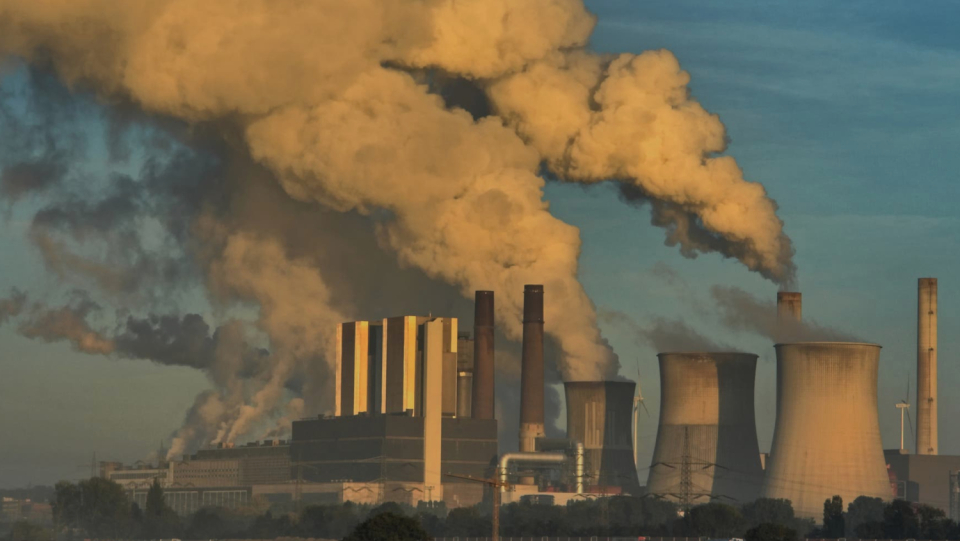In the Paris Agreement in 2015, the international community agreed to limit global warming to 1.5 degrees Celsius as far as possible. In order to achieve this, however, our energy supply must be drastically converted from fossil fuels to renewable energy sources. However, the burning of coal and gas would have to be reduced step by step in a way that no major nation has been able to do in the last 60 years for any kind of energy production without the collapse of industries. This is what Jessica Jewell from Chalmers University and her team write in »One Earth«.
To this end, the working group has looked at various individual cases in which the consumption of fossil energy sources has decreased nationally or in large geographical areas. Previous studies had mostly focused on global development, which, however, did not reflect smaller trends well: the extraction of electricity and heat from coal, gas and oil sooner or later increased steadily. Instead, Jewell and Co looked at 147 episodes from 105 countries between 1960 and 2018, in which the consumption of fossil fuels declined by more than five percent in a decade. Particular attention was paid to rapid declines that were related to technological developments or changed political framework.
"We were surprised that the use of some fossil fuels, especially oil, actually declined quite rapidly in the 1970s and 1980s in Western Europe and other developed countries like Japan," says Jewell. "This is not the period normally associated with energy transitions, but we are convinced that there are some important lessons to be learned." At that time, the price and supply policies of the oil-producing countries ensured that importers were forced to drastically reduce oil consumption.
The threat to security of supply is one of the main drive forces for the conversion of the energy supply, write Jewell and its working group. A second aspect form newly developed and competitive, alternative technologies and assertive state institutions that promote change.
"We weren't surprised, but still quite impressed, at how quickly we need to reduce coal consumption in the future to meet climate targets," says Lowell. The burning of coal must be reduced the fastest of all fossil fuels. This applies above all to Asia and the OECD regions where coal is most widely used. About half of the scenarios in the IPCC's climate report that are compatible with the 1.5-degree target require a faster decline in coal use in Asia than has been historically observed. Especially outside Asia, there are only a few precedents where oil has been replaced by coal, gas or nuclear power in smaller electricity markets in response to the OPEC crisis.
In order to achieve the 1.5-degree goal, mechanisms for the decline of fossil fuels that go far beyond historical experiences or current commitments would have to be found, Jewell and Co. become. However, this should be easier in the western industrialized countries, where growth can be significantly lower and coal or gas power plants could therefore be replaced more easily by alternative energy sources.



















